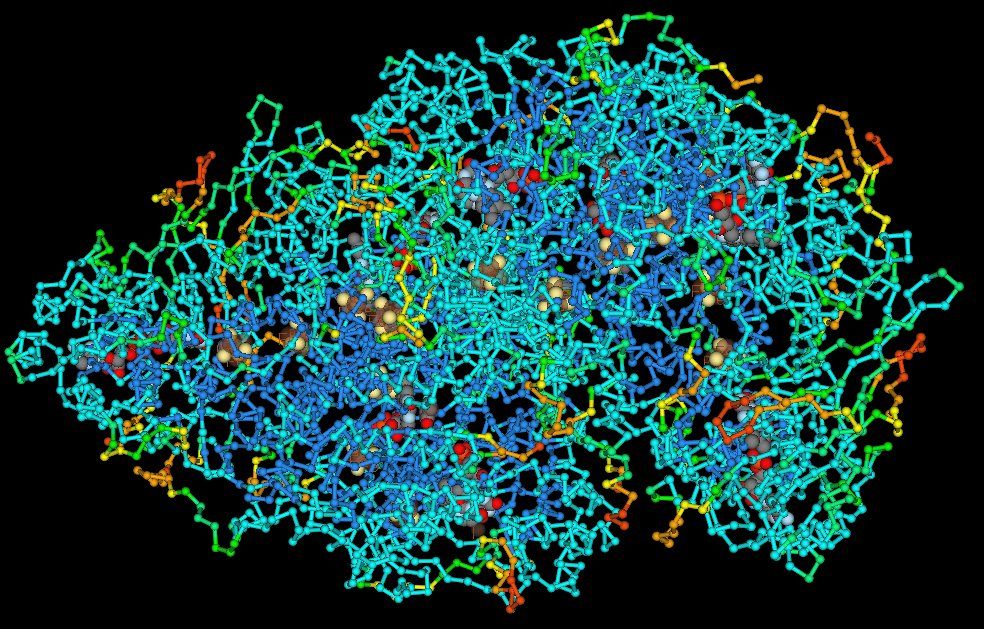Custom Polymers: Tailored Solutions for One-of-a-kind Applications
Checking Out the Varied Applications and Advantages of Polymers in Different Industries
Polymers, with their diverse variety of buildings and capabilities, have become important in different markets, each enjoying special take advantage of their application. Polymers. From enhancing safety and security and performance in the automobile field to changing clinical tools in the medical care sector, polymers play a pivotal duty. Moreover, their eco-friendly nature is modifying the landscape of sustainability practices. As we delve into the depths of polymers in electronics, we reveal sophisticated technologies, while their architectural integrity changes the world of construction and infrastructure. The prevalent influence of polymers across sectors is a testament to their versatility and flexibility, shaping the future of numerous markets.
Automotive Sector Applications
Polymers play a critical role in enhancing the efficiency and resilience of different components within the vehicle field. These flexible materials are extensively utilized in the manufacturing of various components, varying from indoor parts to under-the-hood applications. One noticeable use polymers in the vehicle industry remains in the manufacturing of light-weight elements. By replacing conventional steel components with polymer-based options, automobiles can attain enhanced gas performance without compromising on toughness or security.

Healthcare Sector Advantages
In numerous healthcare applications, the advantages of making use of polymers are widely recognized for their diverse series of helpful properties. Polymers play a critical function in the healthcare sector due to their flexibility, biocompatibility, and cost-effectiveness. One of the main benefits of polymers in medical care is their ability to be customized to specific needs, such as flexibility, sturdiness, and biodegradability, making them optimal for a wide variety of medical applications.
Polymer-based products are thoroughly utilized in clinical gadgets, such as catheters, implants, prosthetics, and drug delivery systems, as a result of their biocompatibility and capacity to simulate all-natural cells. These materials can minimize the danger of allergic reactions or beings rejected, improving client safety and outcomes. In addition, polymers are lightweight, making them suitable for wearable medical devices and ensuring person convenience.
Additionally, polymers make it possible for the development of cutting-edge therapy techniques, such as hydrogels for cells engineering and nanocomposites for targeted drug distribution. Their convenience of processing and sterilization makes them essential for preserving high standards of hygiene in medical care setups. Overall, the diverse benefits of polymers contribute substantially to advancements in medical technology and individual care.
Environmental Advantages of Polymers

Moreover, polymers can add to great site power savings as a result of their light-weight nature. In sectors such as transport, light-weight polymer materials can help decrease fuel intake and greenhouse gas discharges. Additionally, polymers can allow the advancement of energy-efficient products such as insulation materials that enhance energy conservation in structures.
Furthermore, polymers play a vital duty in minimizing water pollution. The use of polymer-based filtration systems can efficiently remove toxins and impurities from wastewater, guarding water sources and ecological communities. Generally, the environmental advantages of polymers make them beneficial properties in promoting sustainability and environmentally friendly practices across numerous markets.
Polymers in Electronics and Technology
Considering the raising need for ingenious and sustainable remedies in contemporary industries, the assimilation of sophisticated polymer technologies in the world of electronics and modern technology has actually emerged as a pivotal approach for driving effectiveness and efficiency. Polymers have changed the electronics sector by allowing the production of lighter, a lot more flexible, and sturdy digital devices. From mobile phones to medical gadgets, polymers play an important role in improving item style and functionality.
One considerable benefit of polymers in electronics is their insulating homes, which aid learn this here now protect fragile digital components from ecological factors and electrical disturbance. Additionally, polymers are necessary in the development of versatile displays, wearable innovation, and published electronics, providing countless opportunities for producing wise and interconnected tools.
Additionally, the usage of polymers in digital product packaging has caused advancements in miniaturization and thermal management, enhancing the total efficiency and reliability of electronic systems. As innovation remains to advance, the adaptability and versatility of polymers will undoubtedly drive even more advancement in the electronic devices market, shaping the future of innovation.
Function of Polymers in Construction and Infrastructure
The assimilation of sophisticated polymer products in building and construction and framework tasks has actually revolutionized the way structures are developed and constructed in modern times. Polymers provide various advantages in the construction industry due to their versatility, sturdiness, and cost-effectiveness. One crucial duty of polymers in building and construction is their use in finishes and sealers, supplying protection against environmental variables such as dampness, UV radiation, and deterioration. Furthermore, polymers are utilized in the manufacturing of light-weight and high-strength composite products, improving the structural honesty of buildings while lowering general weight.
Furthermore, polymers play a critical role in lasting building methods by enabling the advancement of energy-efficient frameworks. Insulating materials made from polymers assist manage indoor temperature levels, minimizing the requirement for heating and cooling down systems and ultimately lowering energy intake. Moreover, making use of polymer-based compounds in framework tasks such as bridges and roads boosts their longevity and reduces maintenance prices. On the whole, the incorporation of polymers in building and go now construction and infrastructure showcases their considerable effect on modern-day design techniques.
Conclusion
In conclusion, polymers play an essential role in numerous sectors such as vehicle, medical care, environmental, electronic devices, and construction. From boosting gas efficiency in cars to boosting medical tools, polymers use countless advantages.